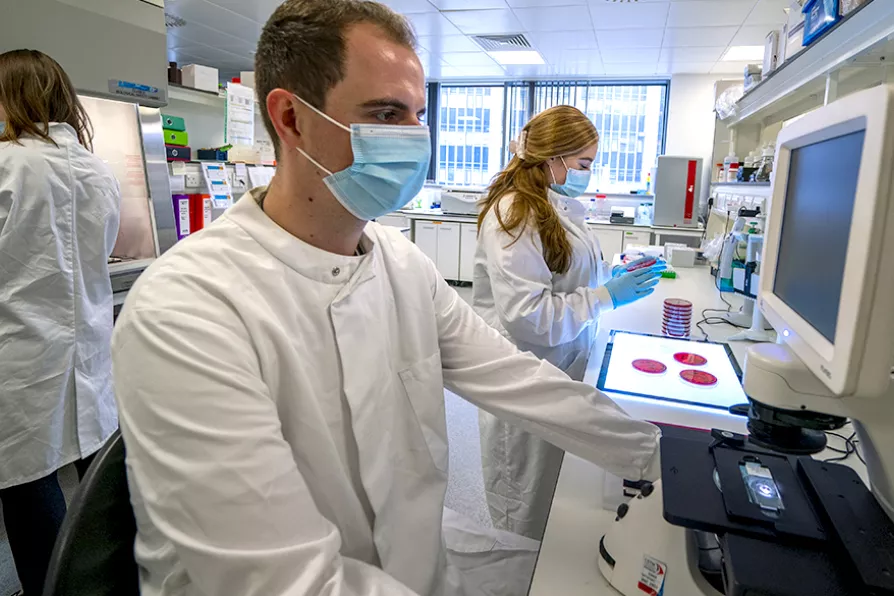John Wojcik pays tribute to a black US activist who spent six decades at the forefront of struggles for voting rights, economic justice and peace – reshaping US politics and inspiring movements worldwide

 LOOKING AHEAD: Liverpool School of Tropical Medicine’s newly opened Pandemic Institute which will offer world-leading clinical and research expertise across all stages of the pandemic lifecycle, with the aim of accelerating the global response to pandemics
LOOKING AHEAD: Liverpool School of Tropical Medicine’s newly opened Pandemic Institute which will offer world-leading clinical and research expertise across all stages of the pandemic lifecycle, with the aim of accelerating the global response to pandemics
OVER the past week, a great festival of working people and activists have gathered in Glasgow alongside Cop26 for the People’s Summit.
The Star has done well in giving only perfunctory coverage to the rote machinations of the “climate glitterati” in the conference halls, choosing instead to give more space to the real sites of intellectual activity in the city — the places where activists and workers have convened to speak to each other.
Over the past few weeks, members of the Science and Society team have been privileged to take part in discussions about science and politics: first at an event hosted by the Marx Memorial Library and also at a People’s Summit event run by the Cut-Through Collective. We’ve been able to join in valuable discussions about how science is actually practised.
After a bifurcating education system that divides people entering university into “scientists” and “non-scientists,” the model of academic science is a hierarchical pyramid.

From summit to summit, imperialist companies and governments cut, delay or water down their commitments, warn the Communist Parties of Britain, France, Portugal and Spain and the Workers Party of Belgium in a joint statement on Cop30

Neutrinos are so abundant that 400 trillion pass through your body every second. ROX MIDDLETON, LIAM SHAW and MIRIAM GAUNTLETT explain how scientists are seeking to know more about them
Science has always been mixed up with money and power, but as a decorative facade for megayachts, it risks leaving reality behind altogether, write ROX MIDDLETON, LIAM SHAW and MIRIAM GAUNTLETT










